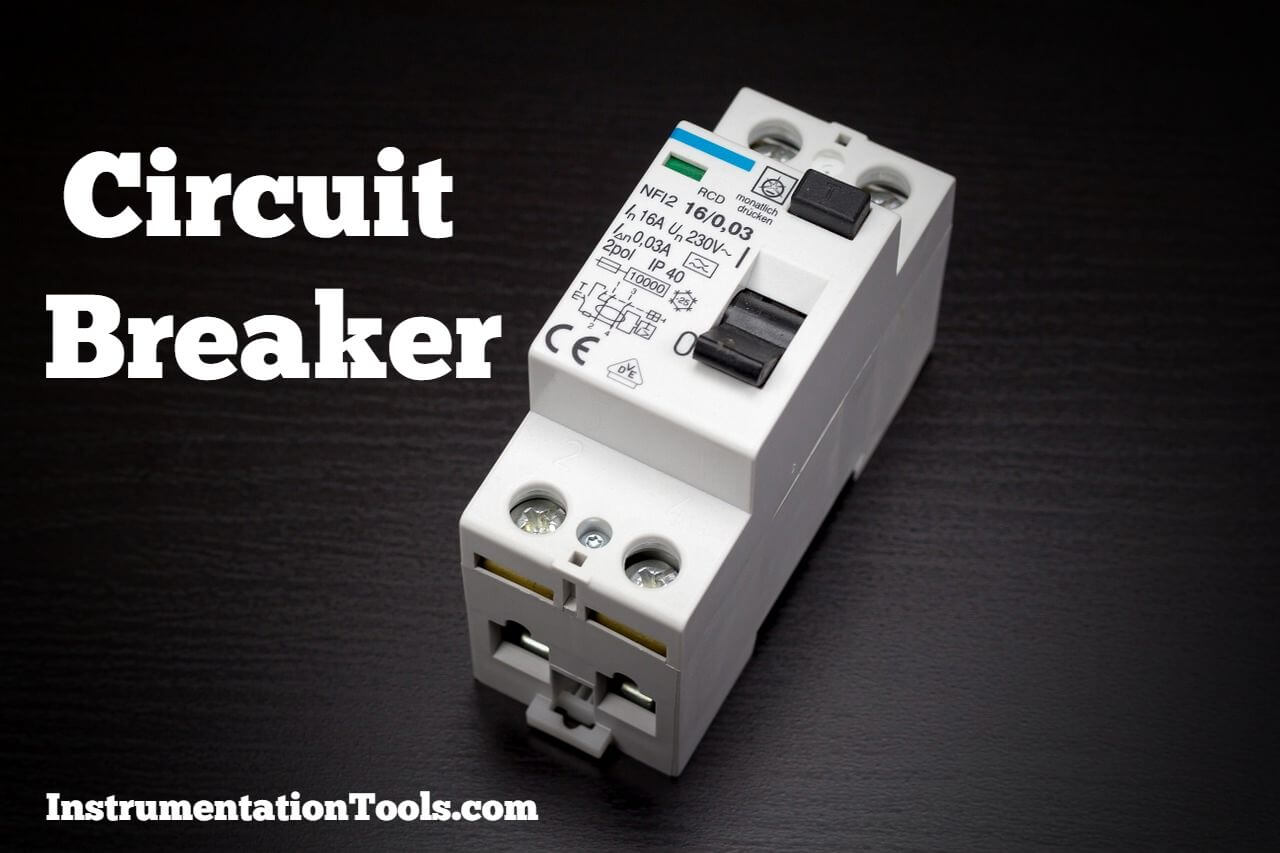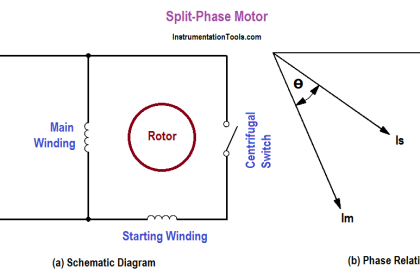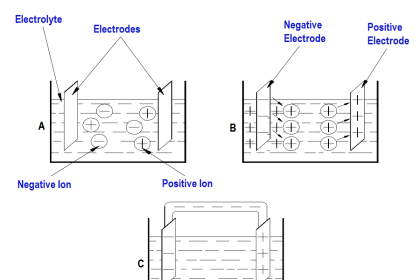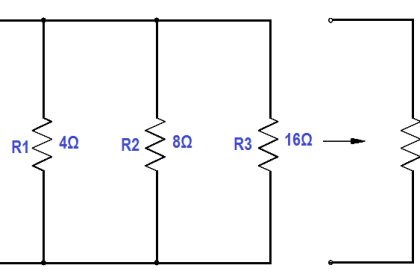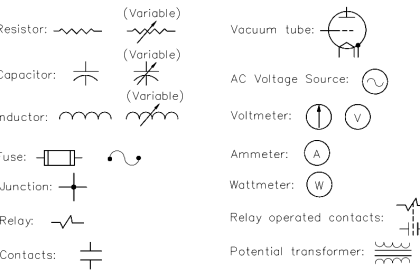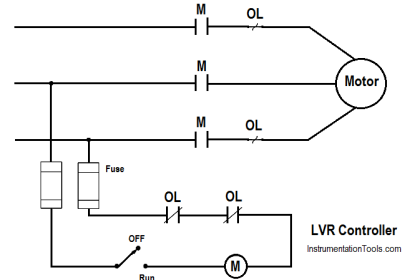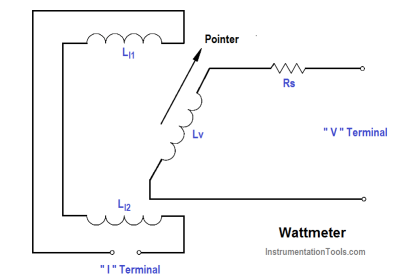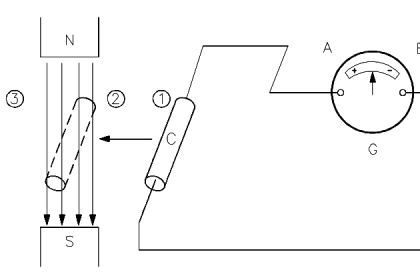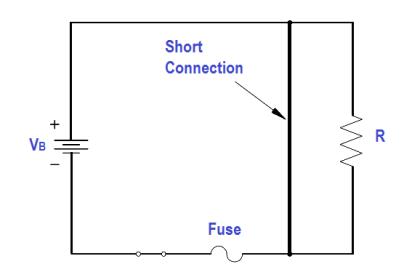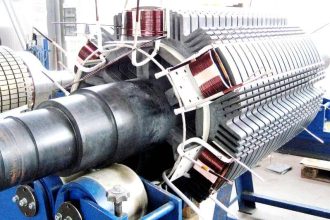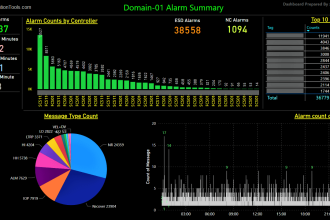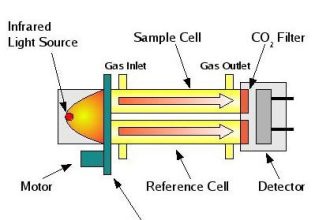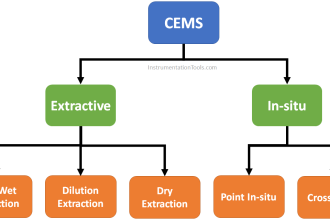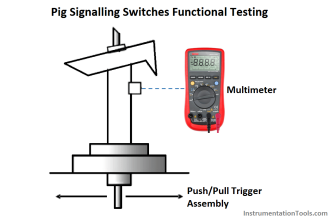A circuit breaker is a device that is used to completely disconnect a circuit when any abnormal condition exists. The circuit breaker can be designed to actuate under any undesirable condition.
Circuit Breaker
The purpose of a circuit breaker is to break the circuit and stop the current flow when the current exceeds a predetermined value without causing damage to the circuit or the circuit breaker.
Circuit breakers are commonly used in place of fuses and sometimes eliminate the need for a switch. A circuit breaker differs from a fuse in that it “trips” to break the circuit and may be reset, while a fuse melts and must be replaced.
Air circuit breakers (ACBs) are breakers where the interruption of the breaker contacts takes place in an air environment. Oil circuit breakers (OCBs) use oil to quench the arc when the breaker contacts open.
